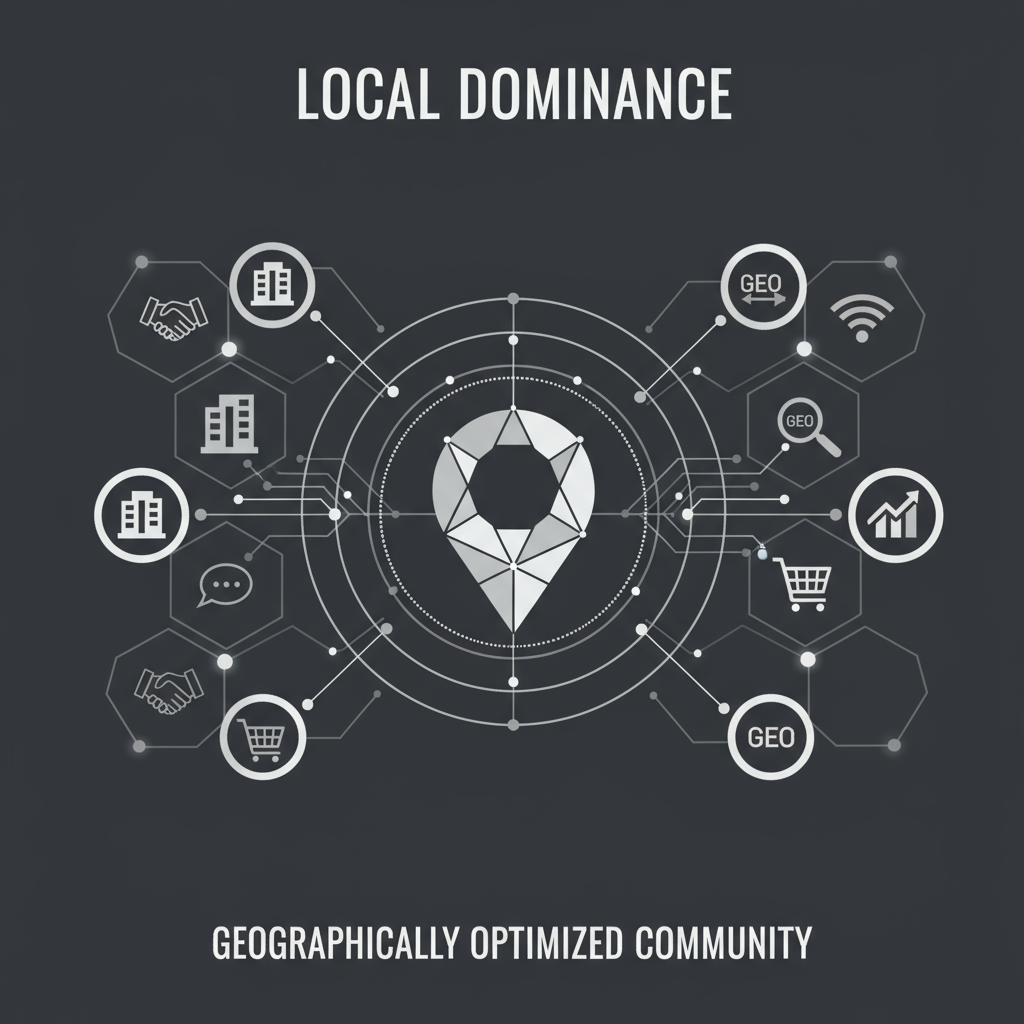
Team Building for AI Search Success: Skills and Capabilities Modern Marketing Teams Need
Overview:
To excel at AI-first marketing, companies must cultivate new skills and roles across their teams. Success in Generative Engine Optimization (GEO) requires more than just SEO know-how—it’s a mix of technical expertise, content strategy, data analysis, and cross-functional collaboration. This article explores the critical skills, emerging roles, and organizational shifts that modern marketing teams are adopting to thrive in AI-driven search.
Key Skills and Roles
1. “Relevance Engineer” or AI SEO Specialist
-
The SEO manager role is evolving into the Relevance Engineer: blending SEO, information retrieval, and AI fluency.
-
Core focus: making content discoverable and preferred by AI through schema, structured data, and semantic optimization [89][29].
-
Skills: technical SEO, vector embeddings, content strategy, basic data science.
-
Adoption: Companies are either upskilling current SEOs or hiring specialists with algorithm backgrounds [90][23].
2. Data Analysis & AI Literacy
-
Every marketer needs baseline data and AI fluency.
-
Skills: prompt engineering, interpreting AI analytics, identifying trends in AI referrals.
-
Example: content teams using AI to surface competitor summaries or trending queries.
-
Many organizations now designate a marketing data analyst focused on AI-driven performance insights [91].
3. Content Creators with Dual Focus (Humans + AI)
-
Writers must craft content optimized for AI parsing and human engagement.
-
Techniques:
-
Clear, structured writing with FAQs and question-based headings.
-
Balancing concise summaries (for AI) with depth and storytelling (for people).
-
-
Content strategists integrate AI tools into workflows for outlines, research, and optimization while maintaining E-E-A-T credibility [25][26].
4. Cross-Functional Collaboration & Agility
-
AI search success spans marketing, IT, and PR [56].
-
Modern teams form AI search task forces: bringing together SEOs, content creators, data analysts, and digital PR.
-
Soft skills—communication, adaptability, project management—are as vital as technical skills.
-
Example: content writers loop in analysts to see which AI queries drive traffic, adjusting strategy in real time.
5. Continuous Learning Culture
-
AI tools evolve rapidly; teams must embrace experimentation and ongoing education.
-
Best practices:
-
Allocate time for staff to test new AI tools.
-
Host workshops on prompt engineering or AI data analysis.
-
Encourage professional certifications (e.g., Digital Marketing Institute AI modules).
-
-
A learning culture keeps teams agile and resilient in the face of constant change.
6. Ethical and Critical Thinking
-
Human oversight is essential. AI content can be biased, inaccurate, or off-brand.
-
Teams need editorial judgment to fact-check, review tone, and spot bias.
-
Research shows only one-third of companies currently review >20% of AI content—a risky oversight [92].
-
Training staff in ethical AI usage ensures credibility and protects brand reputation.
Team Structuring Ideas
-
Dedicated AI Search Unit: A focused group (e.g., a Relevance Engineer, content strategist, and PR lead) charged with improving digital authority and AI visibility [93].
-
Embedded AI Champions: Place AI-literate individuals inside each function (SEO, content, PR), with shared forums to exchange insights.
-
Hybrid Models: Cross-functional squads for projects (like AI content audits or GEO rollouts) that combine multiple departments.
Conclusion – Organizational Effectiveness
The companies winning in AI search are those that evolve their people and structures—not just their technology. Building success requires:
-
New roles like the Relevance Engineer.
-
Broader literacy in AI and data across all marketers.
-
Cross-functional workflows to integrate GEO into every touchpoint.
-
Commitment to ethics and continuous learning.
In short, success in AI search isn’t about replacing your team—it’s about upskilling and reorganizing them to meet the demands of an AI-first world. With the right capabilities and culture, organizations can execute GEO strategies smoothly and outpace competitors stuck in outdated models.
